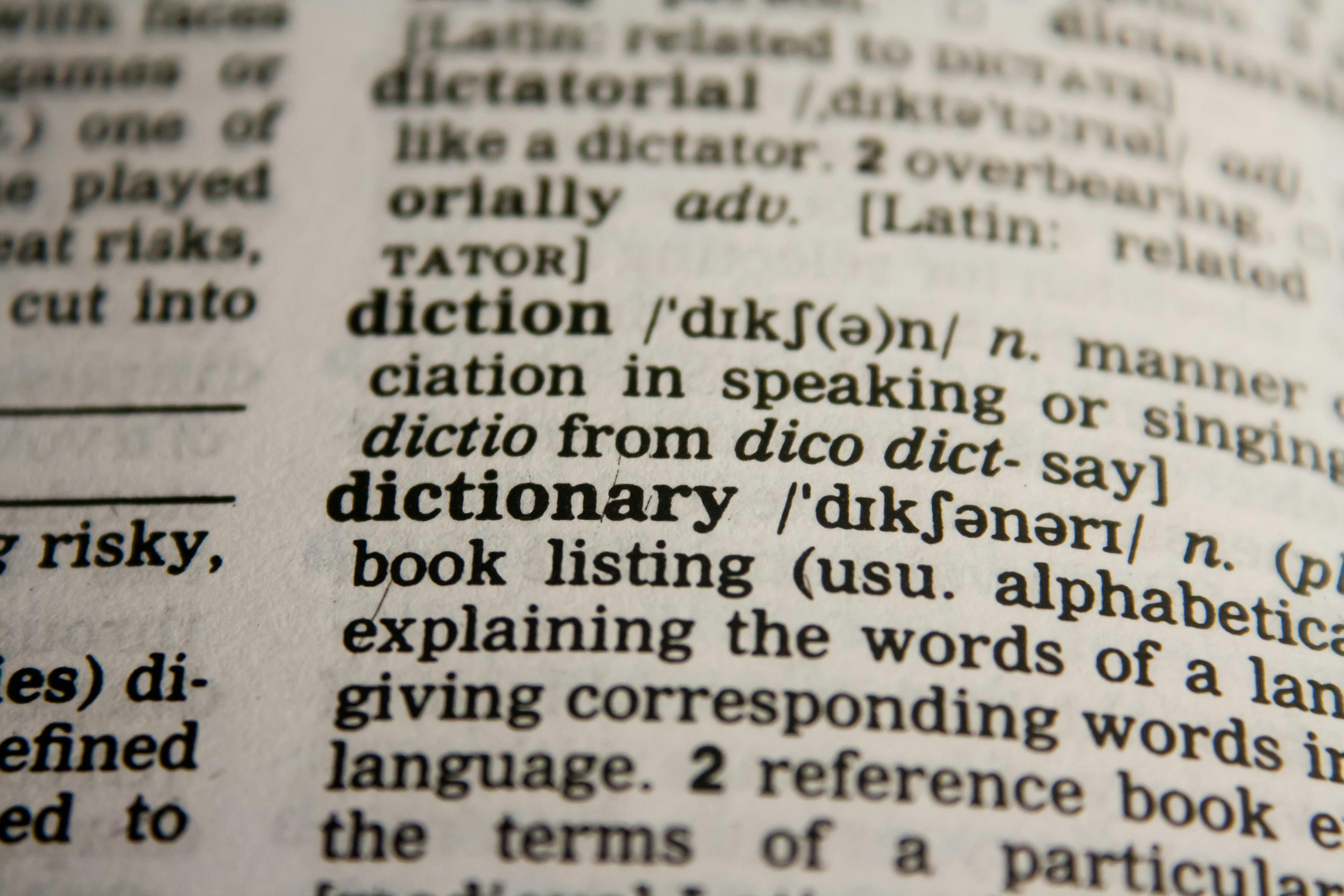Should Netflix Have Content Quotas?
Introduction
Netflix, a global streaming giant, faces a potential mandate from the European Union to ensure 30% of its catalog is European content. This proposal raises significant debate about the implications of content quotas for the streaming industry.
Pros of Content Quotas
Proponents argue that content quotas ensure cultural diversity and representation, allowing European stories and talents to gain visibility on a global platform. This can lead to an economic boost by supporting local productions and creating jobs within the creative industry. Additionally, it helps European audiences connect with content that reflects their culture and experiences, fostering a sense of community and identity.
Cons of Content Quotas
However, critics of content quotas suggest that imposing such mandates can restrict creative freedom, potentially leading to a decline in content quality. Netflix might focus on meeting quotas rather than producing compelling stories, which could alienate global viewers who may not resonate with region-specific content. This shift in focus could also place a financial strain on the company, diverting resources from other innovative projects and investments.
Conclusion
The debate over content quotas for Netflix highlights the delicate balance between promoting cultural diversity and maintaining creative freedom. While quotas can support local industries and ensure cultural representation, they may also pose challenges in terms of content quality and global audience engagement. As Netflix navigates these potential regulations, the outcome will significantly impact the future of streaming content worldwide.





